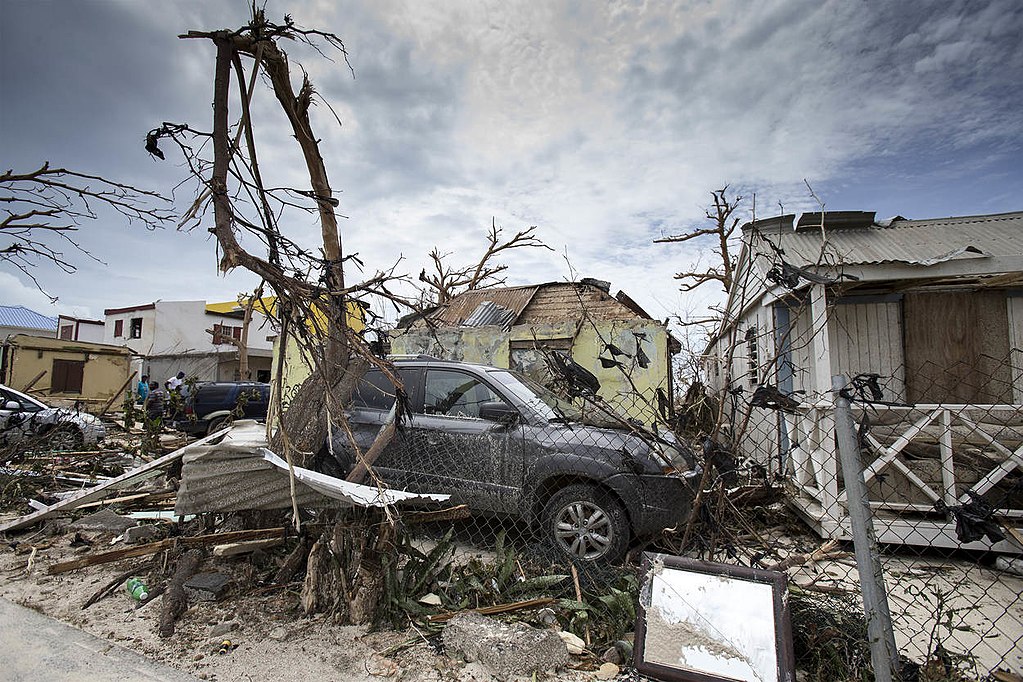
The annual hurricane season runs from June 1 through November 30 — and we’ve already just experienced a battering with Tropical Storm Claudette.
Hurricanes typically hit the Atlantic regions: the East coast and Gulf coast of the U.S. There are also storms in the Pacific. According to AccuWeather, this year promises to have above-normal activity during the 2021 hurricane season. Of course, if you’re in the Northwest or Central U.S., the storms won’t impact you directly — so why should you care?
Hurricanes affect you no matter your location for two key reasons:
- You may not get hurricanes, but you may experience tornados, earthquakes, wildfires, or other natural disasters. You need to be prepared and can follow similar protocols for protection from any natural disaster.
- Even if you aren’t directly affected by a hurricane, your suppliers may be. This is disruptive to your supply chain.
Here are some actions to consider so you and your business are protected in case of disaster.
Update Your Contact List
Be sure you can reach all of your employees, suppliers, customers and clients, and other business contacts in case of an emergency. Other numbers to include in your contact list:
- Small Business Administration (SBA): 800-827-5722
- FEMA: 800-621-3362
- Your insurance company and agent’s contact information
- Service people (electrician, carpenters, etc. for any needed repairs)
Talk to Your Insurance Agent
Make sure you have the insurance protection you think you have or should have. Some events may be excluded from the policy you currently have, or you may be subject to coverage limits that do not reflect your current status (e.g., your business may have grown since you last updated the extent of your coverage). Review each of the following policies:
- Property. This coverage, which is usually part of a business owner’s policy (BOP), may provide coverage for a fire, but will it compensate you for property damage for a hurricane, tornado, etc.? Also determine whether all of your property is covered, what the coverage cap is, and whether you want to make changes. And while you’re at it, check whether you’re covered by events other than from nature, such as riots and civil unrest.
- Business continuation coverage. If you want to have cash to pay your bills when your doors are closed, you may need this coverage to pay your employees, your rent, and other fixed costs.
- Flood insurance. Your BOP likely doesn’t cover flood damage. You must have this coverage if you are in a flood zone and have a mortgage from a federally regulated or insured lender. You can’t buy this coverage through FEMA. For more information, check with the Insurance Information Institute.
Review Your Disaster Preparedness Plan
It’s advisable to have a written plan to follow in case of emergency. Your plan needs to take into account Covid-19-related issues, such as onsite safety and your remote workforce. There are numerous resources you can use to craft your plan, including:
Expand Your Supply Chain
Today, many commodities are in short supply and prices for available materials are increasing in many cases. The suppliers you’ve been dealing with may be unable to meet your needs. And if disaster strikes, you may be even more challenged to obtain your needed items at affordable prices.
Be sure you understand supply chain management so you can always have what your company needs. Learn more about this from NC State University.
Final Thought
Comedian Mel Brooks, for the trailer to the movie “The Fly,” wrote: “Be afraid. Be very afraid.” I’d add be prepared. Be very prepared.
Barbara Weltman is the founder of Big Ideas for Small Business, Inc., which publishes Idea of the Day. She is the author of J.K. Lasser’s Small Business Taxes 2019 and other books that inform the small business community of tax, financial, and legal information they should know about.



